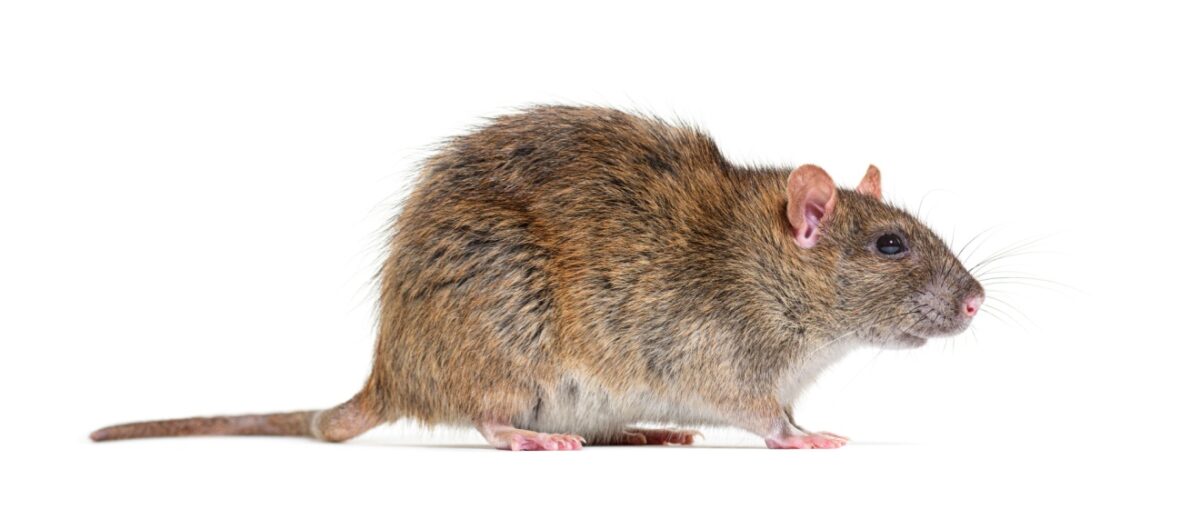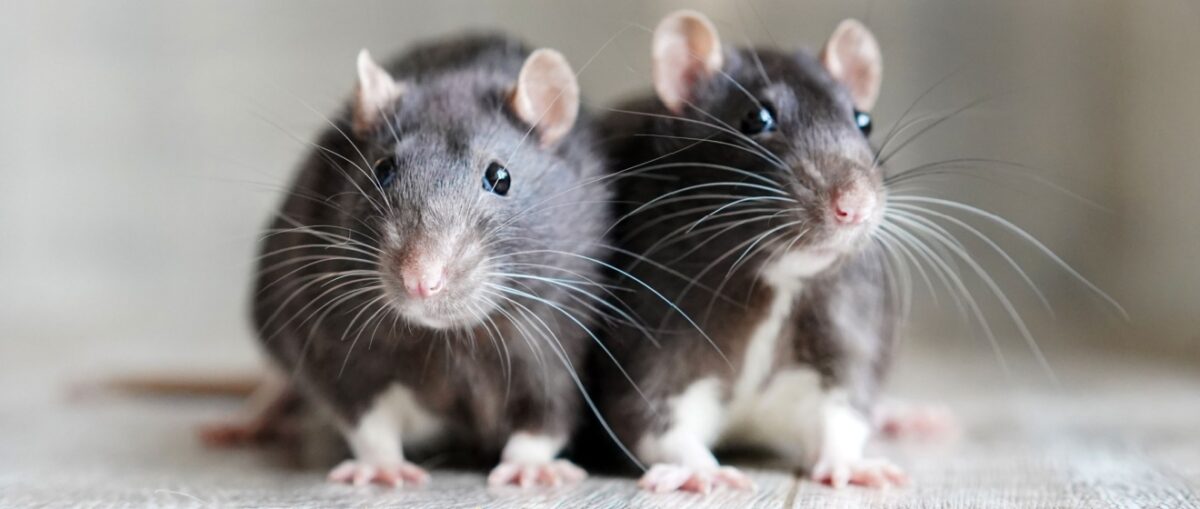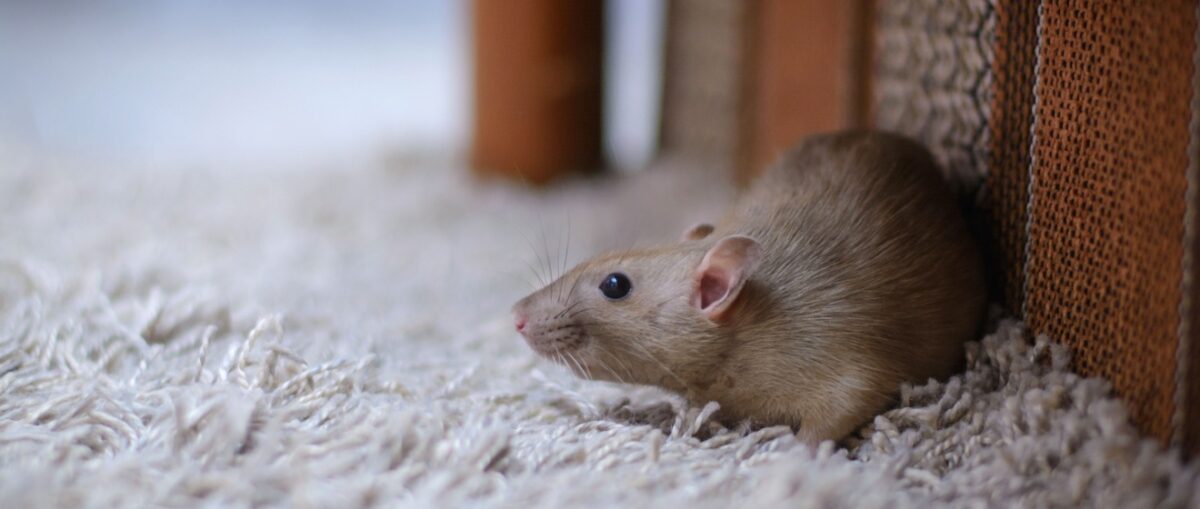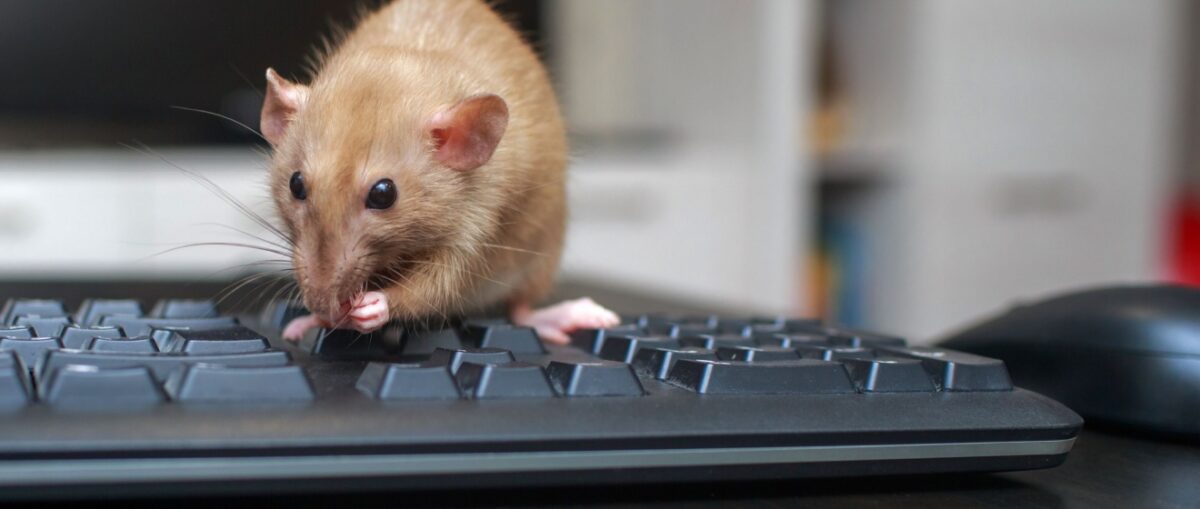When it comes to rats and mice in the Big Apple, finding a reliable exterminator is a necessity. With so many service providers vying for your attention, knowing what sets the best apart can help you make an informed decision. If you’re ready to take action, start by exploring trusted rodent control services that specialize in commercial and residential properties across NYC.
Factors That Define the Best Exterminators
- Experience and Local Knowledge: Top-tier exterminators understand the unique urban environment of New York City. With extensive experience, they know how rodents navigate the city’s dense infrastructure and can pinpoint the common entry points in high-rise buildings, offices, warehouses, and retail spaces. A seasoned professional anticipates rodent behavior, making treatments more targeted and effective.
- Comprehensive, Integrated Pest Management (IPM): The best exterminators don’t rely on a single solution. They implement IPM strategies that blend exclusion, sanitation, and monitored treatments. By focusing on the root causes rather than just treating the symptoms, these experts provide lasting relief. Commercial property managers appreciate IPM’s emphasis on prevention, as it saves them money and hassle in the long term.
- Safety and Eco-Friendly Practices: Leading extermination firms prioritize the safety of tenants, employees, and customers. They use environmentally friendly products and techniques that minimize health risks. Cutting-edge bait stations, low-toxicity treatments, and careful placement ensure that rodents are targeted without endangering human health or the surrounding environment.
- Transparent Communication: Clear, honest communication sets great exterminators apart. They explain each step of the process, from initial inspections to recommended follow-up treatments. For building managers juggling multiple responsibilities, knowing what to expect helps maintain trust and streamline tenant relations. Timely, transparent updates help everyone stay on the same page.
- Ongoing Support and Maintenance Plans: Rodent problems can reoccur if not regularly monitored. The best exterminators offer ongoing maintenance plans that include periodic inspections and adjustments to treatment strategies. This proactive approach ensures that once you’ve invested in professional help, your property remains protected against future infestations.
Recognizing Quality Through Reviews and Certifications
- Check Credentials: Look for companies licensed by the state and affiliated with professional pest control associations. Such certifications guarantee adherence to industry standards.
- Read Reviews: Online testimonials, ratings on consumer platforms, and word-of-mouth recommendations can guide you to reputable exterminators with a history of successful outcomes.
- Request References: A trustworthy company should readily provide references. Speaking directly to past clients, especially those managing similar commercial properties, can offer invaluable insights.
Customized Solutions for Different Property Types
Whether you manage a restaurant, an office building, or a retail complex, the best exterminators provide customized solutions. They understand that every space has unique challenges, from specific structural vulnerabilities to particular sanitation requirements. By tailoring their approach, they deliver targeted results that last.
Finding the best rat and mouse exterminators in NYC means looking for experience, IPM proficiency, safety, and ongoing support. Do not settle for short-term fixes when you can invest in a lasting partnership with professionals who understand the city’s complexities. Begin your search for quality extermination services by reviewing these expert rodent control solutions and take the first step toward a pest-free property. If you are looking for the best rat and mouse exterminators in New York City, Broadway Pest Services has you covered.










